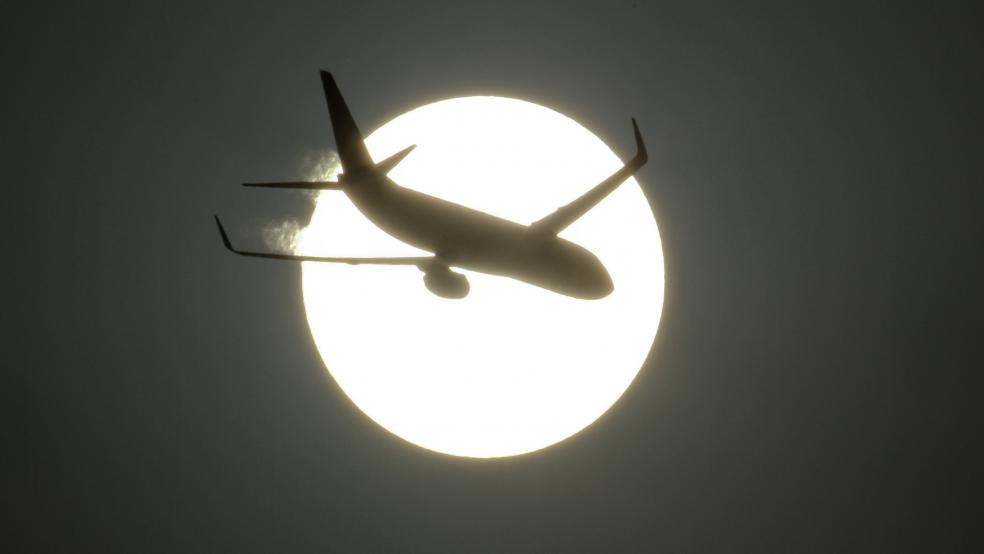The Defense Department overpaid nearly $425 million in travel reimbursements to service members and civilians in fiscal year 2014, according to a new report by an internal watchdog.
The Pentagon’s Inspector General on Thursday issued the results of its investigation into the Defense Department Travel Pay Program and found that the amount of inaccurate claims had grown in recent years to $458 million, including $33.5 million in cases where troops were shortchanged.
Related: BRAC Is Back – but Will Congress Actually Close More Military Bases?
The travel program spent about $4.7 billion of the department’s total $6.5 billion in approved travel expenses for routine costs, such as airfare, hotels and rental cars, putting the number of improper claims at around 7 percent. That is a 2 percent increase from 2012, according to the IG’s report.
Meanwhile, the amount the Pentagon underpaid for official travel shrank from over $55 million in fiscal 2012 to the $33.5 million figure.
Overall, the results are a troubling sign for the Pentagon, which has tried to crack down on such mistakes after Congress passed a law in 2010 specifically designed to reduce improper reimbursements for official travel. About 51 percent of the inaccurate reports involved per diem payments. However, the Pentagon’s budget office didn’t offer any reasons why per diem mistakes occurred, according to the IG report.
Related: Half a Trillion for the Pentagon? Why Defense Spending Is Only Going Higher
It's also unclear how much of the money the department ultimately gets back and no one within the sprawling agency seems to know who to hold accountable for the rampant errors. “Without identifying the reasons that authorizing officials approve improper vouchers for payment, DoD will continue to be at high risk for making improper payments for travel,” the IG warned.
Additional training “may be part of the solution,” the report suggests, though “other forms of command emphasis may be necessary to ensure compliance with travel regulations.”
In addition, “oversight of corrective actions may be necessary at the DoD component level, where the payments are authorized.”
In response to the investigation, department officials agreed to press the military branches on why improper payments were still happening.
The Pentagon also said it would require the Defense Finance and Accounting Service to provide the services with quarterly reports detailing the errors found in travel voucher turned in by troops and civilians alike.
That might seem heavy-handed, but the IG report notes that random sampling of around 5,000 military travel vouchers filed in the last half of 2014 found each one contained at least one error.





